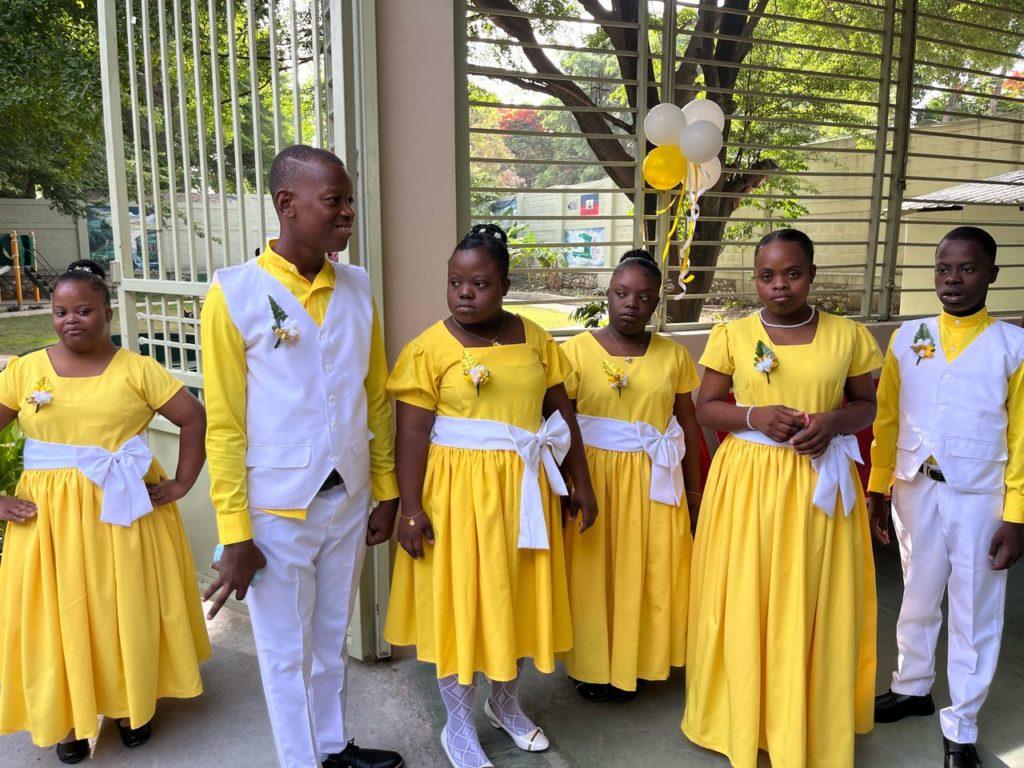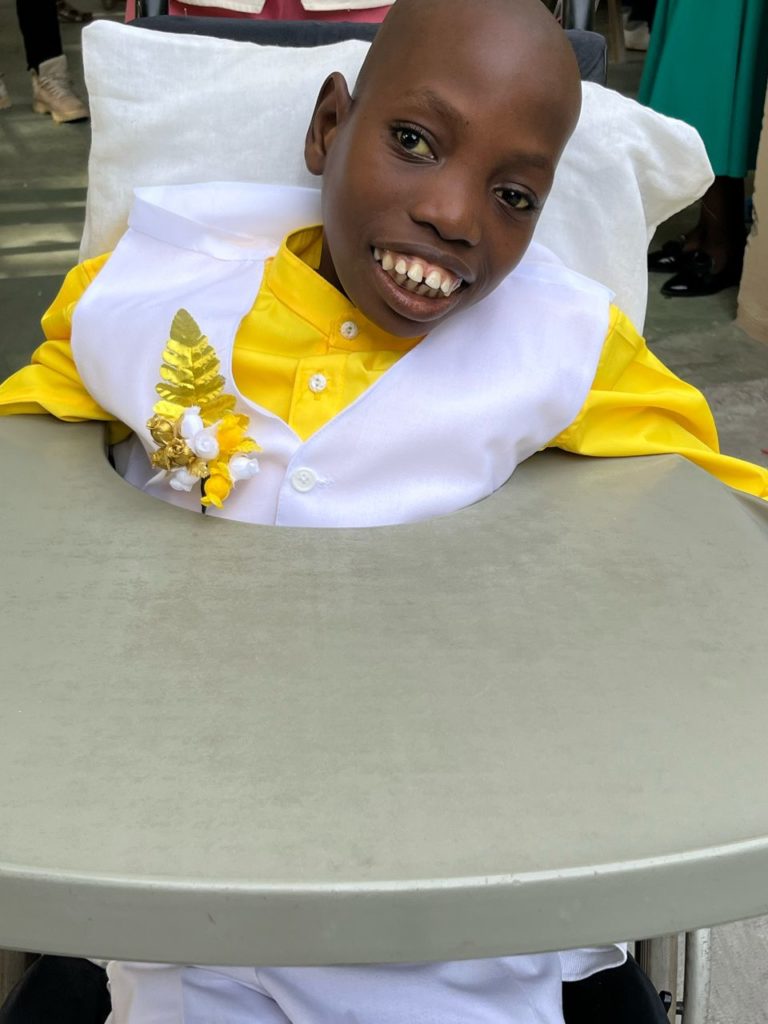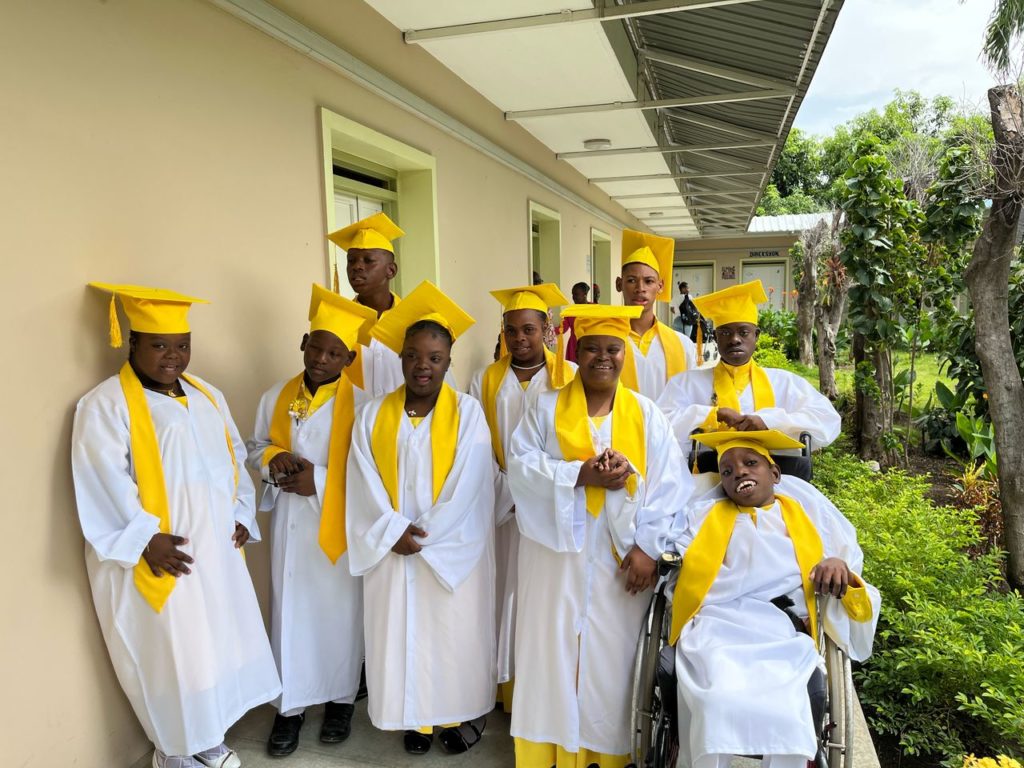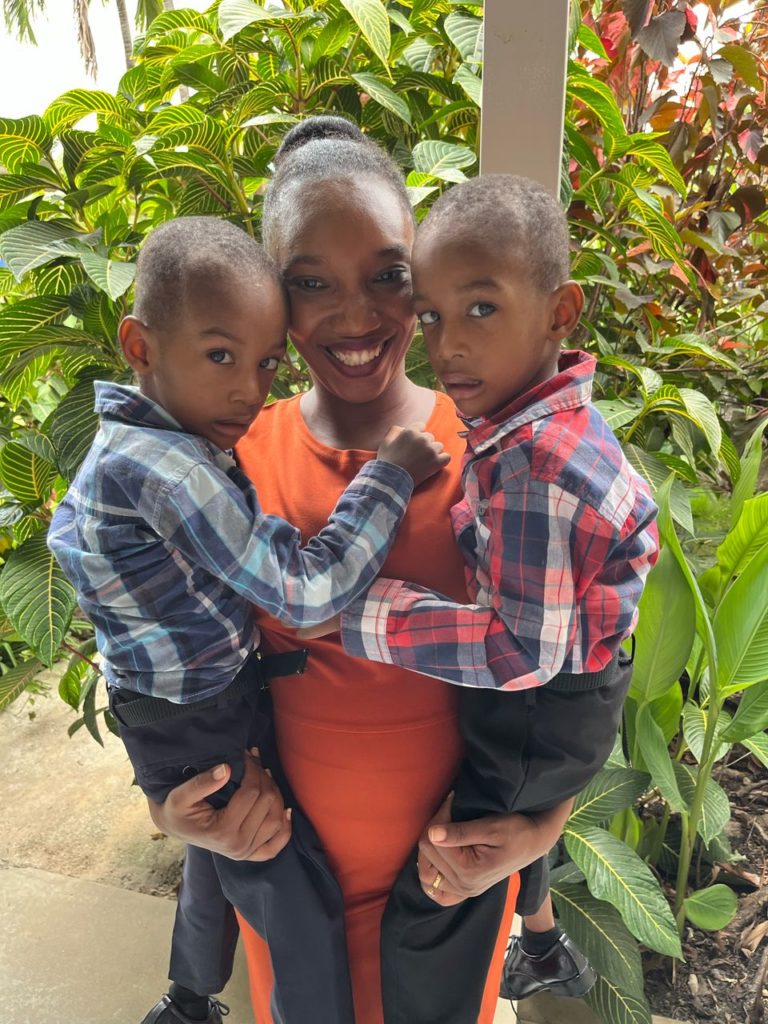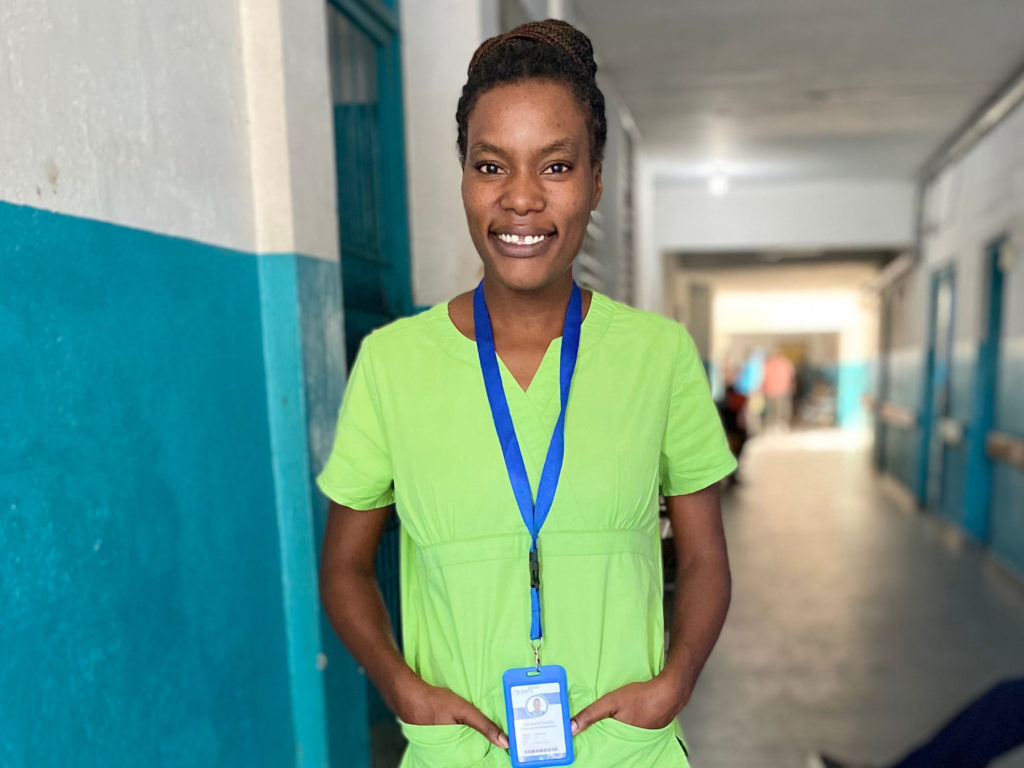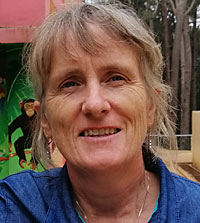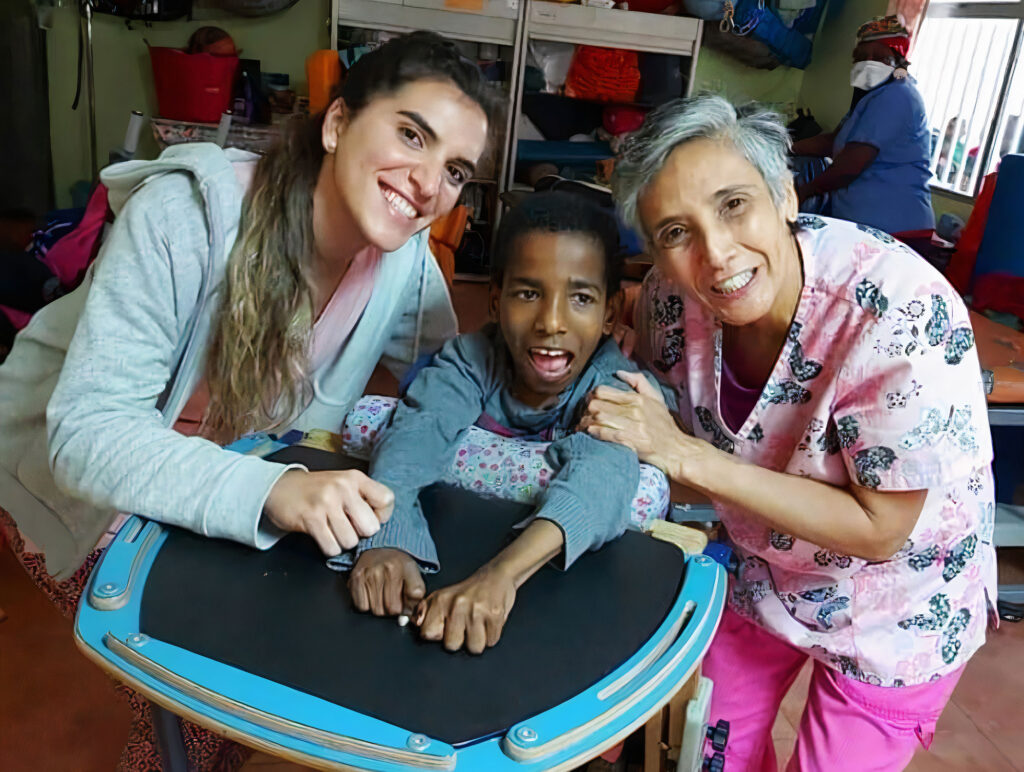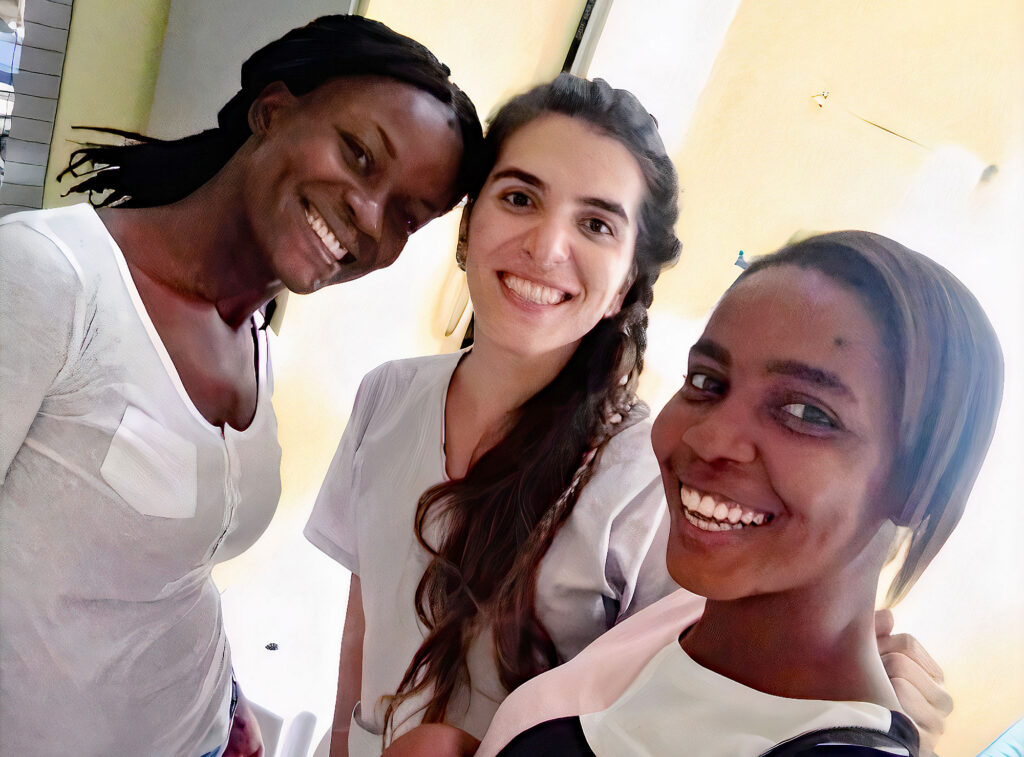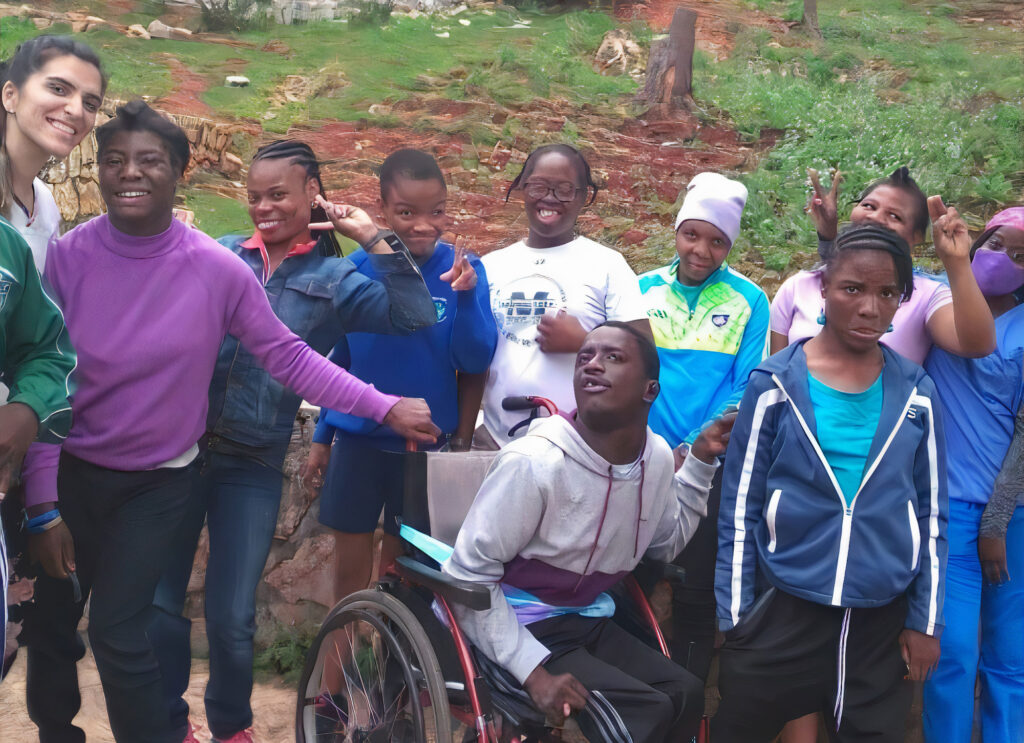Reflections from Gena
Seeking Words
I sit before a blank screen and will and woo words, hoping they will suddenly form and leap out onto my fingers.
Not much leaping going on am afraid!
Feels more like they are being dragged out begrudgingly, reluctant to leave my muddled brain!
How to write without words?
I need words to give you an insight into life in Haiti these days.
I need words to convey the terror that has enveloped Haiti these past months.
Words to explain how ordinary men, women, and children, are dying daily – victims of gun battles between gangs.
Victims of horrific acts of violence.
Hundreds have died.
Hundreds have been shot.
Thousands more are cut off from basic supplies – caught up in the gang wars.
Violent gangs, that are heavily armed and show no mercy.
Lines of people having to flee their homes – to escape the gunfire.
Often it is in the middle of the night.
Quickly grabbing a few essentials and running for their lives.
Running to nowhere, as there is nowhere to go.
Maybe a local park, or a church, a cousin’s home – the new abode – for days, weeks, months…
Brave people – amongst them Father Rick and his team – risk their lives trying to get help to the wounded, trying to get help to those stuck inside the war zone.
Those that stay home exist terrified.
I say exist because this is not living- it is holding on tight, and praying to God they do not break down your door and attack you and your loved ones. As happens all the time to many like you.
Praying the shooting stops so you can get out and buy some water and food.
Where are the words that can adequately explain the trauma of being kidnapped?
Held hostage for weeks.
Some beaten badly, some not,
Some shot in the process, some not.
Some killed resisting.
All traumatized.
Families – scraping and scrambling to pay huge ransoms – money they don’t have and will spend years and years trying to pay back.
Worrying and wondering will the loved one be ok.
Daily reports of kidnappings.
Friends kidnapped,
Colleagues kidnapped.
Children kidnapped.
Professionals kidnapped.
Pastors kidnapped.
Priests kidnapped.
Market sellers kidnapped.
Everyone worried- who will be next?
Major roads governed by gangs.
Not so major roads governed by gangs.
Travel on them if you dare.
Some have no choice so they desperately dare And dreadingly take the roads.
Some get shot in the process.
Many are robbed on the way.
Some make it safely.
Fear and stress cling to them each time.
Is this living?
Hospital beds lie empty.
Too dangerous for the sick to make the trip.
Don’t for one minute think they will get help elsewhere.
For most, these hospitals are their only hope for recovery.
Most therapy patients cannot come either.
No fun running from bullets with a disabled child in your arms.
Tis never fun running from bullets- sadly dodging bullets is now common practice for so many.
Everyday stories bring tears to the eyes, People crying on the radios, begging the bandits to release hostages, Begging the gang leaders to call a truce, to stop the killings.
Stories about relatives that never made it home and families desperate to find them.
Staff stories relating what is now their daily living.
Worried for themselves.
Worried for their children.
Worried for family in the countryside.
Where is Haiti going?
Should they leave?
So many have left already.
So many more are preparing to leave.
Start anew, illegal in a foreign land?
Stay and wonder when it will be you, your husband, or your kids that are taken?
Leave the car at home – they like to kidnap people that own cars.
What hope for a better Haiti?
Years of working hard and you can’t even live in your own home.
Refugees in your own country.
Fuel crisis after fuel crisis.
Massive hike in prices of everything.
Hunger visiting so many.
Everyone so resilient.
Determined to make a better life for their children.
Nobody giving up despite all the stresses.
Everyone pushing on, day after day, trying to make a living.
Daring to hope for better days to come.
Tis lunch time here in Kay Christine.
One by one the young adults arrive back from their activities.
They are healthy, happy and safe – far from the horrors in the city.
What a blessing!
If it was not for this home, and all that support it, where would they be now?
How many people with disabilities are caught up in the latest gang war?
How many children with disabilities are hungry right now?
In the midst of the darkness we must find ways to shine a light.
We must find ways to support all those struggling right now.
We give thanks for all our blessings and continue to pray for peace in Haiti and peace in the world.
My words are for Haiti but I am well aware that there are so many people suffering all over the world.
The Human Family needs peace.
We need to stop seeing people as different to us.
The powers that sell darkness, death and destruction want us to focus on our differences.
There is money to be made from investing in Hate.
Don’t give them that power.
Don’t be manipulated.
We are all basically the same – human, one family.
Let us each, in our own way, be instruments of peace.
‘So let’s strive for the things that bring peace, and the things that build each other up” Romans 14:19
Gena Heraty
18/7/2022

